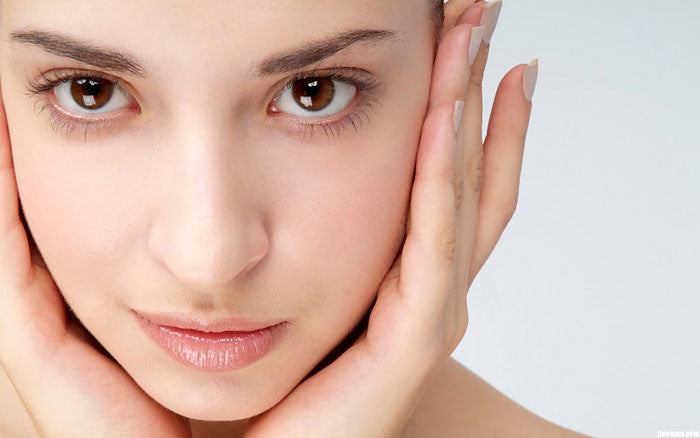Skin Lightening Creams – A Controversial and Dangerous Product

In today's world, beauty products have become an essential part of everyone's daily life. From face creams to body lotions, consumers are spoilt for choice. However, lately, a particular product has attracted significant attention for its controversial nature - skin lightening creams.
Skin lightening creams are products that claim to lighten the skin tone by reducing the amount of melanin in the skin. These creams are popular among people who have dark skin and want to achieve a lighter skin tone. However, the use of skin lightening creams has become controversial as they contain harmful ingredients that can damage the skin.
One such ingredient is hydroquinone, which is a depigmenting agent found in many skin lightening creams. It is banned in several countries as it has been linked to cancer and other skin conditions. Hydroquinone works by inhibiting the production of melanin, which can cause the skin to become thin and sensitive to sunlight. This can lead to sunburn, pigmentation, and in severe cases, skin cancer.
Another harmful ingredient found in many skin lightening creams is mercury. Mercury is a toxic metal that can cause severe health issues, such as kidney damage, nervous system damage, and even death. It is commonly found in skin lightening creams imported from countries where its use is not regulated.
Unfortunately, despite the risks involved, skin lightening creams continue to be in high demand. According to a study conducted by the World Health Organization (WHO), 77% of women in Nigeria, 59% in Togo, and 35% in South Africa use skin lightening products. The majority of these products are unregulated and can contain harmful ingredients.
To combat this issue, several countries have taken steps to ban or regulate skin lightening creams containing certain ingredients. In the United States, the FDA has banned the use of hydroquinone and mercury in skin lightening products. In the European Union, hydroquinone is allowed in low concentrations but is strictly regulated.
Despite the regulations in place, skin lightening creams continue to be sold illegally. According to a report by the BBC, skin lightening creams containing banned ingredients were found on sale in London shops and in markets in Ghana.
The controversy surrounding skin lightening creams has also sparked a debate about beauty standards. Many people argue that the use of skin lightening creams promotes the idea that lighter skin is better and perpetuates colorism and racism.
In response to this, many companies have started to promote natural and organic products to achieve healthy, radiant skin. However, these products are often more expensive than their synthetic counterparts, making them less accessible to people with lower incomes.
In conclusion, the use of skin lightening creams is a controversial and dangerous issue. While they promise to lighten the skin tone, the risks involved are severe. It is essential to regulate skin lightening products and educate consumers about the potential dangers of using them. Beauty should not come at the cost of health and well-being.